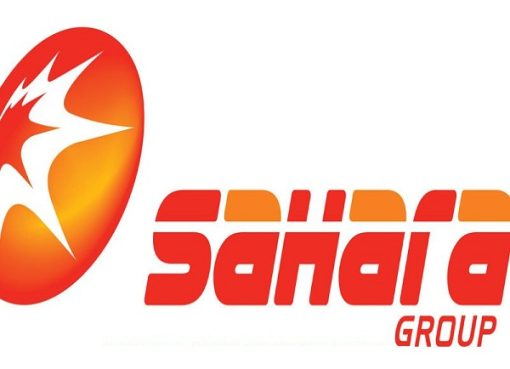The Department of Petroleum Resources (DPR), Nigerian Electricity Regulatory Commission (NERC), Nigerian Gas Company and Nigerian Bulk Electricity Trading (NBET) Plc and other stakeholders are firming fresh plans to address the perennial challenges facing gas-fired power plants in the country.
Although Nigeria has over 203 trillion cubic feet of gas, most power plants relying on gas are faced with a shortage, as bottlenecks continue to cause power outages.
The Minister of Power, Sale Mamman, had last week tendered a public apology over the worsening supply in the country, blaming the development on gas-related challenges, which rendered about six gas power plants idle.
Auwalu said the concerns of the electricity generation companies (DisCos), which continue to impede gas availability, were genuine and needed urgent attention, stressing that the Nigerian Gas Transportation Network Code (NGTNC), launched last year, is being tweaked to address inherent issues.
Auwalu, who noted that the Federal Government was working to ensure a level playing field in the sector, noted that the agency had also factored in the need to address the challenges facing the explorers and producers of gas.
“Everybody has been considered in the gas network code to make sure that the explorer, producer, the shipper, the transporter and the users are all involved in costing the gas, so that gas is affordable and available,” Auwalu said.
The director noted that the country could no longer sit on over 203 trillion cubic feet of gas as well as unproven 600 trillion cubic feet while struggling with domestic utilisation of the resources.
The Chairman of NERC, Sanusi Garba, noted that there were commercial issues with gas supply, which he noted provide over 70 per cent of the country’s electricity generation source.
The concerns for most generation companies, represented at the event, were that the NGTCN may remain dead on arrival if the shipper licence cost introduced by the new code is not factored into the operators’ approved generation tariffs.
They were also worried about the newly introduced about three transportation charges, stressing that the additional charges posed a high financial risk, especially in the absence of capacity recognition and payment as well as grid and tariff restriction.
They were also concerned that the code introduced capacity registration obligation, shrinkage gas factored for losses, which they described as misalignment with the existing gas sale and aggregate agreement.
They also noted that the timeline for invoicing payment, set for 15 days after the invoice did not align with reality in the sector where the GenCos may not get paid after two months for power generated.
Source: Guardian










